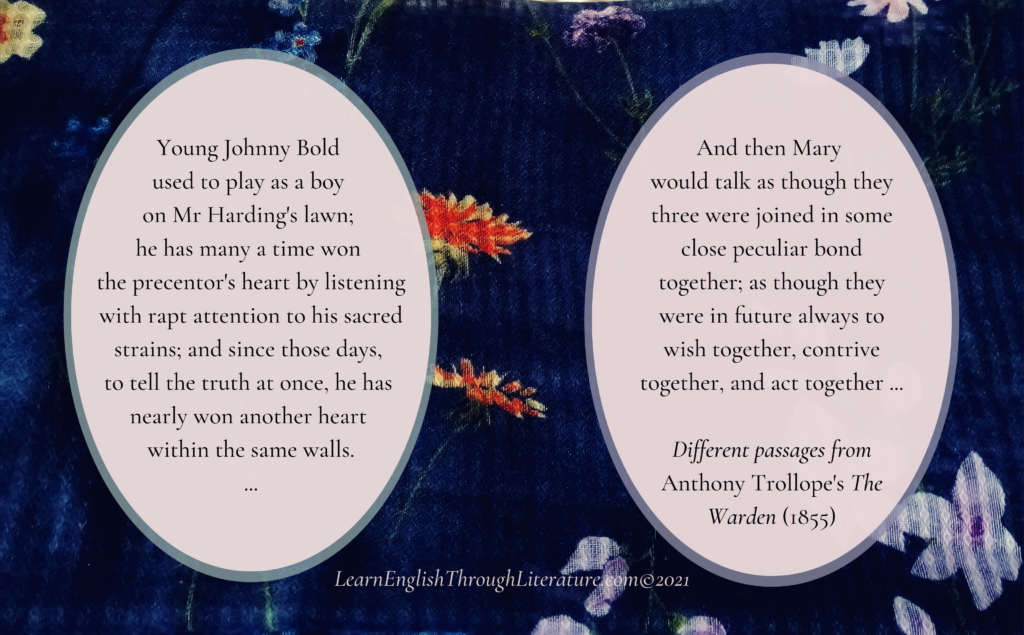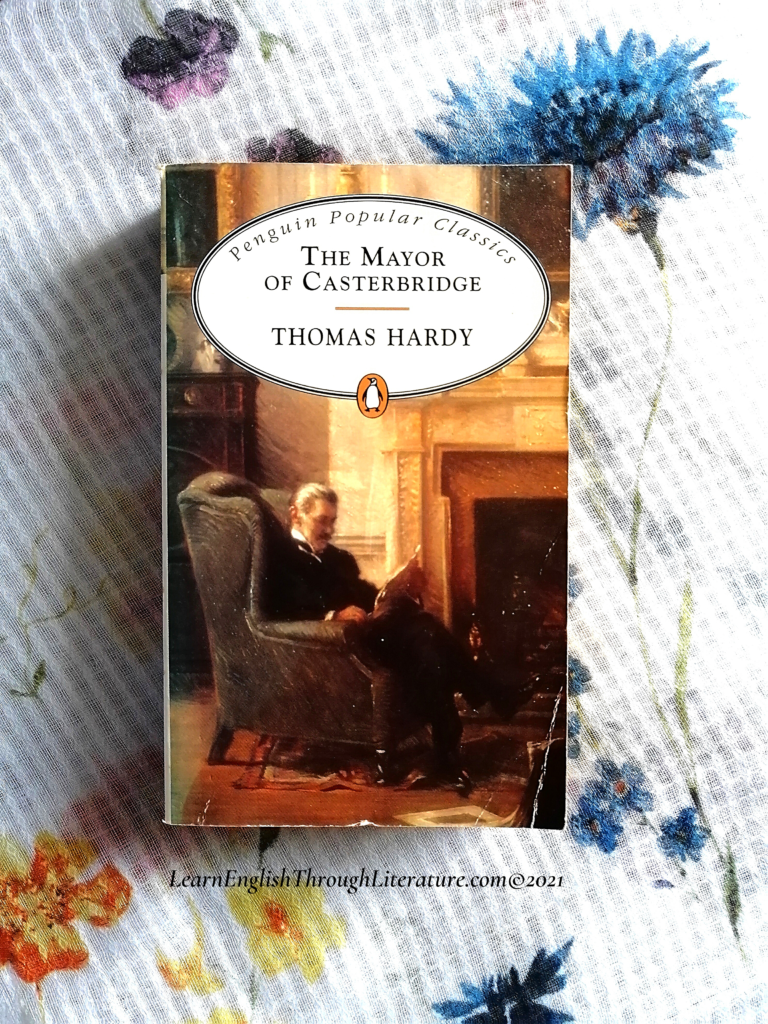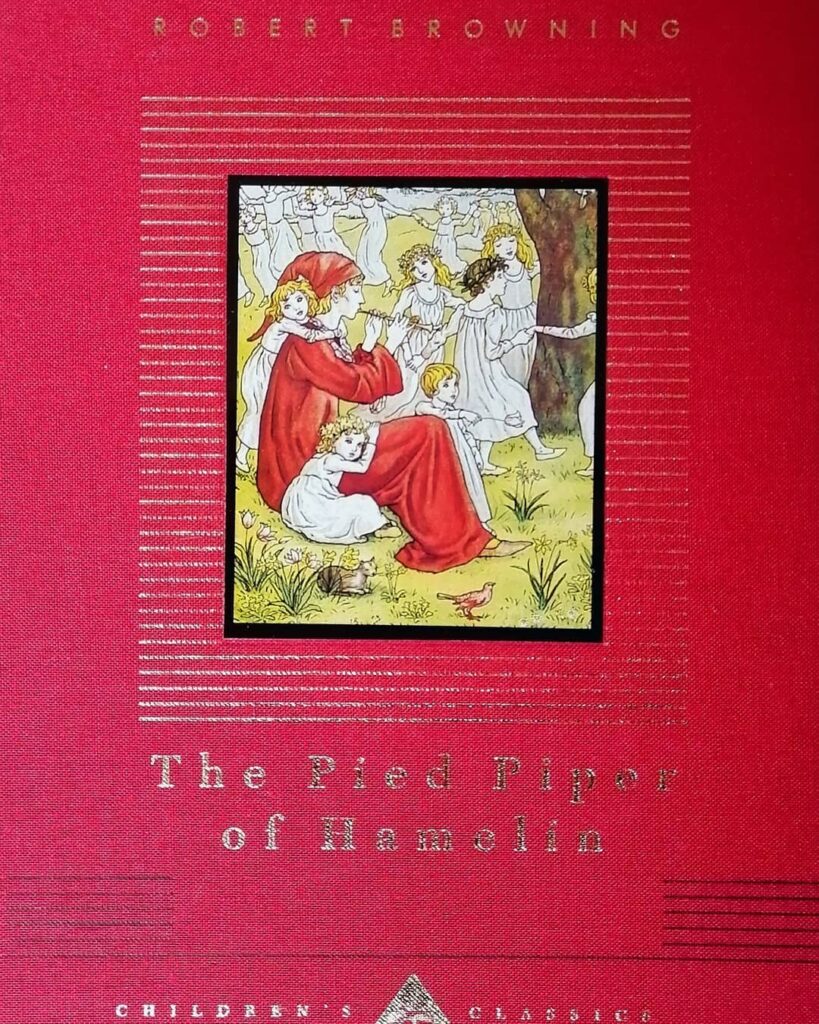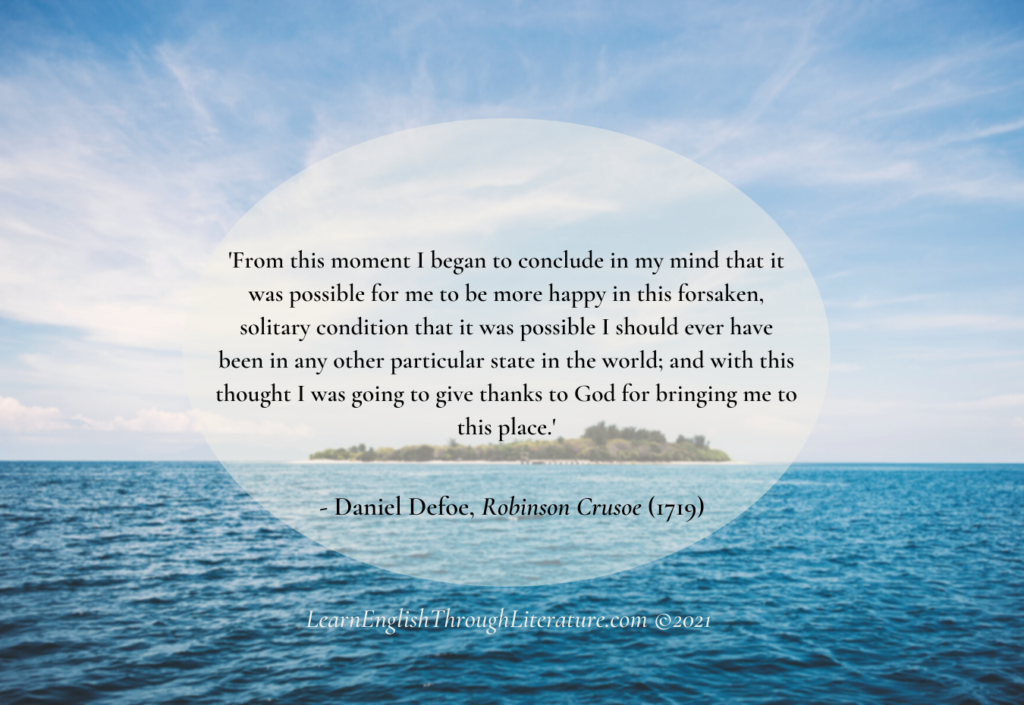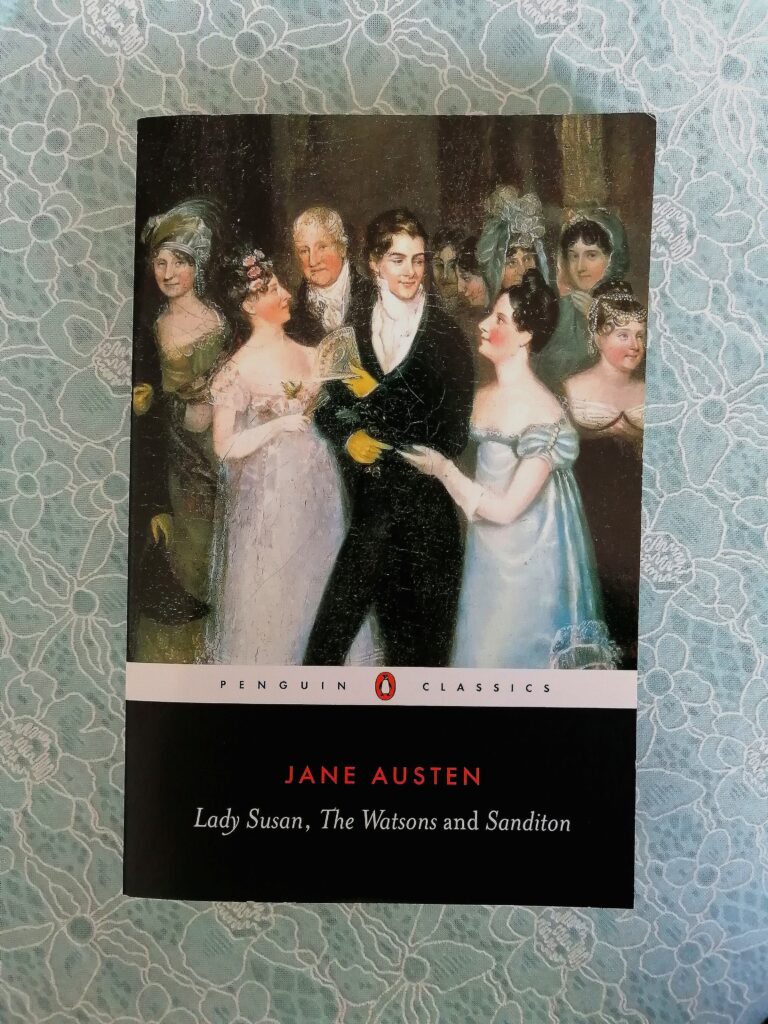Mini-Lesson Monday, Lesson #182 (Part 1): The Influences of Great Dictionaries on the English Language – Samuel Johnson’s ‘Dictionary’
If every English language student has one book in common, it is almost certainly an English dictionary! The question would be: which one to choose? 📚 There are so many nowadays, but if we could travel back a few hundred years or so, we would be lucky to find a copy of one. I am […]


